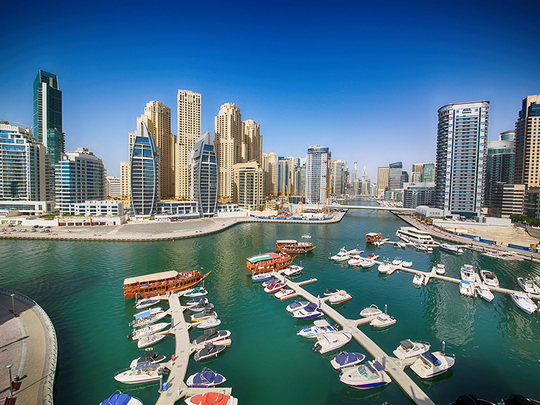
Dubai: Opening up 10-year residency contracts for certain professions and full ownership of businesses for investors could just be the tonic the UAE’s property market needs. In one go, it creates opportunities for the highly skilled to commit to asset purchases and without having to bother about a renewal every two years.
A two-year residency is what the current “investor visa” offers to property buyers in the UAE, provided the asset they own is worth Dh1 million and over. Industry sources say that guaranteeing longer duration residency permits always works out to the longer term benefit of a country’s property market. Malaysia has been a beneficiary of such schemes as has Turkey in the recent past.
Doctors and engineers will benefit from the new visa regime, as would other “specialists”, though that is yet to be defined.
Top developers were quick to spot opportunities — the proposed changes to visa regulations “will undoubtedly have a positive effect on the economy and, in particular, the real estate sector,” said Ali Rashid Lootah, Chairman of Nakheel.
The local office property market could also certainly do with a boost. And some of the provisions in the latest Cabinet decision has the potential to provide that, at some point in the near future.
“Full ownership for investors outside of free zones can definitely be a value-add for the economy,” said Salem Ahmad Almoosa, Chairman of the business group that bears his name and developer of Falconcity of Wonders. “It will pump in investments and create more employment opportunities.
“The Company Law can stay as much, but existing international businesses can aim for mutually agreed changes in the way they operate with partners under the Agency Law. There can be compensations made and the partners can move on.
“Operating under the Agency Law can be reworked and in a way that will not be at odds with how international businesses work. This is a chance to remove the chinks in the system.”
Going forward, the market will be seeking clarity on what sort of businesses can claim 100 per cent ownership to operate in the market (and not just within the free zones). Would it apply to all businesses, large and small, or would it be decided on a case-by-case basis? With preference given to entrepreneur-led entities?
And which locations are likely to see the benefit? Dubai Healthcare City (DHCC) is an obvious one, more so as it is now building up its residential and hospitality interests. The MAG Group is a major investor in that cluster.
So could another Tecom enterprise, Dubai Science Park. “It was one cluster that was overlooked in the past, but I think with the recent moves, you could see a rush of activity from neighbouring countries as well as Malaysia, Singapore and even Ireland,” said Sameer Lakhani, Managing Director at Global Capital Partners. “While some of the details are yet to be released, which will then determine the specific impact on sectors, it’s apparent this is a gamechanger.”
UAE mortgage providers will definitely be showing a lot of interest in who will become eligible for the longer residency permits. As far as they are concerned, those eligible come with job security and the pay packages to make them ideal mortgage takers.
“While we wait for further details on the new visas, the chance for investors and households to move from transient residents to semi-permanent residents is certainly a landmark change,” said Faisal Durrani, Head of Research at Cluttons, in a statement. It “will undoubtedly drive greater domestic demand for residential and commercial property ownership, something that has been lacking from the country’s property market equation.
“The ability to feel more at “home” in what is essentially an adapted home for expats will also underpin loyalty among this privileged cohort, thereby fostering a greater sense of community and long-term well-being.”











